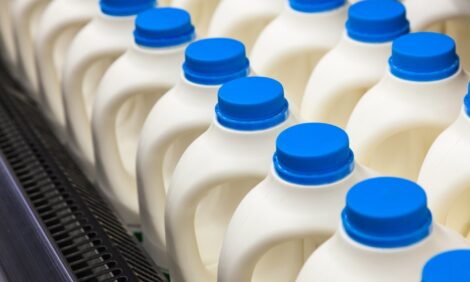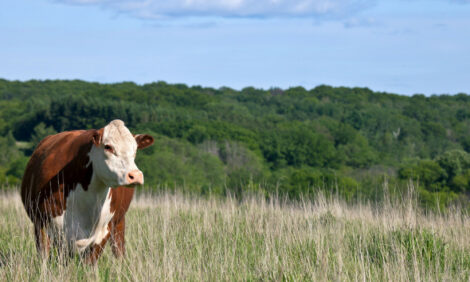



Processors Fear Lifts In Beef Export Volumes
UK - The National Beef Association, like many other sector organisations, sees the restoration of a significant export trade with other EU countries as the only way of creating enough competition for prime cattle to break the grip UK supermarkets have on ex-farm prices – and is actively encouraging more, much needed, export development. But many processors fear that an export surge would shorten UK cattle supplies, and then drive up prime stock prices, but leave them exposed because their supermarket customers would not respond to the lift in procurement costs and insist on buying their beef at previously established price levels.
“Large processing companies that are contracted to deliver huge volumes of retail-ready beef to supermarket customers each week could only feel comfortable about an export led lift in ex-farm prices if the resulting increase in their costs was shared by others in the supply chain,” explained the Association’s chairman, Oisin Murnion.
“Unfortunately reports reaching the NBA indicate, quite clearly, their fear that this would not happen, because there would be no matching lift in retail beef prices, which would leave processors faced with higher costs without the means of securing a compensatory increase in income.”
“This is just another example of how much supermarket domination of the UK’s beef supply chain is already creating fundamental, and ultimately damaging, structural, problems for their suppliers.”
“Currently prime stock prices cover just 70 per cent of the cost of producing typical slaughter cattle and hundreds of worried beef farmers are considering throwing in the towel if there is no respite from these persistent losses.”
“A lift in beef exports is seen as one way of restoring much needed cost-income balance because it would link the UK market more closely to European, and world markets, which are already responding to increasingly tight global cattle supplies with significantly stronger cattle prices.”
“However there are fears that UK supermarkets may refuse to accept this trend and create a situation in which their control of the market is reflected in the UK being isolated, in both price and trade terms, from developments on the EU and global stage.”
“It is difficult to believe that a powerful group of retailers could, or would, create a situation in which they secured continuing supplies of underpriced beef for themselves by preventing suppliers, in both the production and processing sectors, from enjoying advantages created by access to more lucrative, more competitive, markets elsewhere.
“However UK cattle prices have yet to respond to the global and EU shortage in the same way as those recorded in other EU countries, and publicly voiced fears by processors about the damaging impact on them of a lift in exports, unless accompanied by a corresponding rise in money paid to them by supermarkets, means there can be no doubt that the UK beef market is already more isolated than it should be - although it cannot yet be said for certain whether or not this is deliberate,” Mr. Murnion added.
TheCattleSite News Desk


